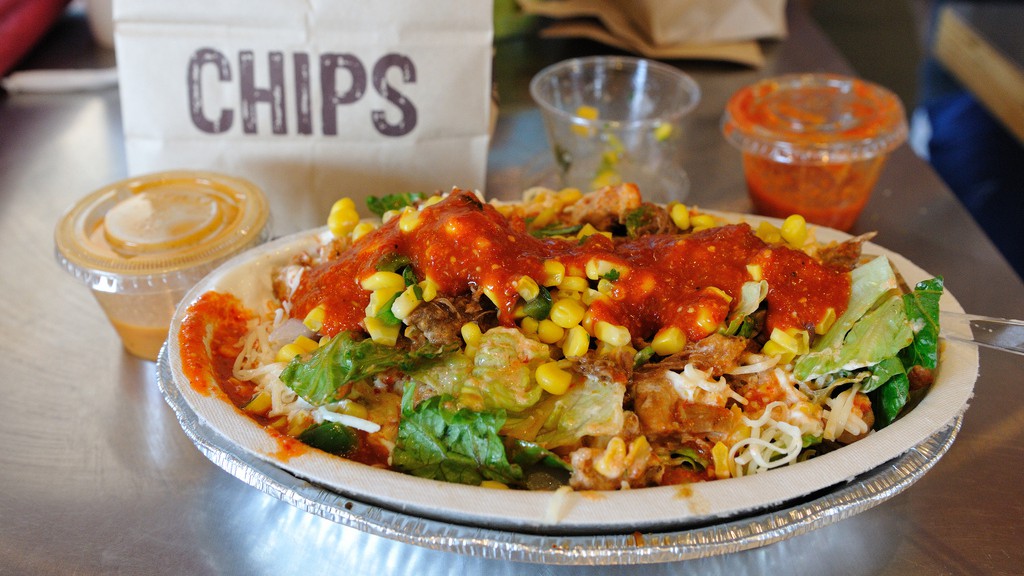Chipotle is having a very bad week.
The slow-food-fast-food company was sued Monday in federal court by Charmaine Denise Mode, a Washington pharmacist who says she fell ill after eating a burrito bowl, reports CNN. Mode is seeking $75,000 in damages after she ate at a Chipotle in Vancouver, Wash., and was later stricken with severe, bloody diarrhea, according to the lawsuit. The local health department later connected her illness to Chipotle.
Chipotle has closed 43 locations in Washington and Oregon after six stores were linked with an outbreak of E. coli. According to the Washington State Department of Health, eight customers have been hospitalized.
The source of the E. coli is still unknown, but, according to Michael Doyle, director of the University of Georgia’s Center for Food Safety:
Trace back techniques have gotten so good that it may be possible to trace the source of the contamination back to not only the processor but also the grower. The other thing that is new to this process and could help trace back is the use of whole genome sequencing of the outbreak bacteria for which the CDC and FDA are developing databases. For E. coli the complete genome information of outbreak strains is expected to be available in the next few years but the FDA and CDC may have enough information in their existing database to match the strain of E. coli to a particular source.
Chipotle’s stock has fallen 5 percent in the last week, and this comes at the end of an already difficult year. This is the company’s third food poisoning crisis of 2015, following an outbreak of norovirus in California and salmonella in Minnesota. So how bad is this for the eatery?
Fortune Magazine’s Beth Kowitt thinks Chipotle will be just fine:
[C]onsumers are now more fearful of the things added to food meant to prevent them from getting sick — say artificial preservatives — than they are of the sickness itself. For example, an executive at Cargill told me that a number of customers have asked the company to remove the potassium and sodium lactates and diacetates it puts in processed meat to inhibit listeria growth. (The company said no.)
Chipotle has capitalized on Americans’ new food priorities, wooing consumers with a message of simplicity and touting its “food with integrity” message. Earlier this year the company transitioned to using only non-GMO ingredients in the food it makes and suspended a pork supplier for violating its animal welfare standards.
Chipotle’s marketing of food “without artificial flavors or fillers” and sourcing from “farms rather than factories” may make it that much easier for consumers to ignore, forgive, or forget the latest E. Coli outbreak.
For now, burrito lovers in Washington and Oregon will have to find a new fix. Chipotle is working with public health officials, but no date has been set to reopen the restaurants.



